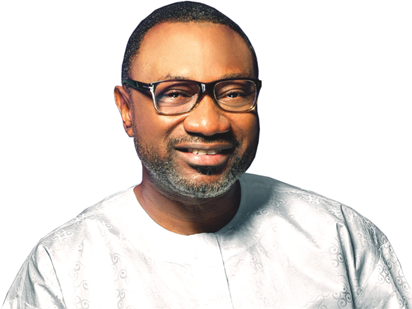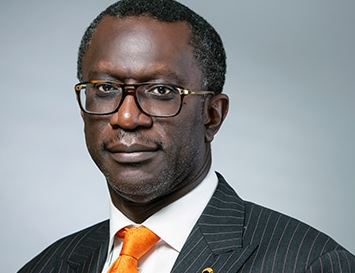By Bassey Udo
The Central Bank of Nigeria (CBN) says everything necessary would be done to prevent Nigeria’s oldest bank, First Bank PLC, from failing.
The CBN governor, Godwin Emefiele, stated this on Tuesday at the end of the Monetary Policy Committee (MPC) meeting in Abuja.
Describing First Bank as Nigeria’s oldest bank in the country’s history having been established in 1894, Emefiele said If anything is allowed to happen to the bank means something has happened to the Nigerian banking system.
“It’s good to cast our minds back to the position First Bank was six years ago when CBN started its programme of looking at the banks to reposition them. Being the oldest bank in Nigeria established way back in 1894, First Bank remains a strong, aggressively, domestically, important bank in Nigeria. If anything happens to First Bank, it means something has happened to the Nigerian banking system, and that is why we are taking very seriously the takeover of guidance about how to get the bank back,” Emefiele said.
The CBN governor said six years ago after noticing the cause of an aggressive build-up of non-performing loans on the books of First Bank, the apex bank took its share price of about N2 per share, resulting in everybody running away from the shares of the bank.
He expressed happiness that today First Bank is attracting interest from the investing public, while shareholders are scrambling for its shares.
On what the regulatory authority has done to restore confidence in the bank, Emefiele said apart from cleaning the balance sheet, today the level of the non-performing loans has dropped aggressively, bringing the bank back again on the race for profitability, as investors compete for the shares of First Bank.
Alluding to the current controversy trailing the bank over which individual holds the controlling shares of FBN Holding, the parent Group of First Bank, the CBN governor sent a veiled warning to those behind the crisis to be beware that First Bank is so big that not one person can say he owns it.
“I’m happy to see that they are competing for the shares (of First Bank today. But, of course, they should all know they are just one and they should see themselves as representing others in running the bank”, he said.
On the position taken by the capital market regulator, Securities and Exchange Commission (SEC) to clarify issues of shareholding percentages in the bank, Emefiele said CBN examiners are also continuing to look at the situation.
“I think we (CBN) should take SEC position because SEC is the regulator of the capital market. We will take their position and they will give guidance on this subject. But, of course, as it affects the running and operation of the bank, we will take pre-emptive measures to make sure that the right things are done.
“Of course, naturally, returns are sent to CBN about individual shareholders, and of course if our position is not in tandem with the position of SEC, we will talk to SEC about it and we will also advise the public accordingly.
So far, he said the CBN is satisfied to take the position of SEC as a regulator of the capital market on the matter, because regulating share price ownership is the sole responsibility of SEC, and CBN will not want to override SEC, the regulatory authority on these issues.
He said the CBN would continue to work with SEC to resolve the issues, considering the very good working relationship both institutions have at the moment.
The National Pension Commission (PENCOM) on Friday waded in to the lingering controversy surrounding the ownership of the controlling shares in FBN Holdings.
There has been a raging controversy between Tunde Hassan Odukale and Femi Otedola over who holds the controlling shares of FBN Holdings Plc, the parent entity to First Bank Nigeria Limited.


Initially, FBN Holdings announced the Nigerian businessman, Otedola as the owner of the largest individual shares of the bank with 5.07 percent. But shortly after, the bank reversed its previous declaration to the Nigerian Exchange Group (NGX) to proclaim its incumbent Chairman, Odukale, as the holder of the controlling shares of the bank, with about 5.36 percent of its equity.
The controversy followed the FBN Holdings’ decision to structure Odukale’s shareholdings to include about 4.16 percent of the bank’s equity held directly and another 1.20 percent held indirectly through parties related to him.
The related parties’ shareholdings, FBN Holdings said, included those held through Leadway Assurance Company Limited; ZPC/Leadway Assurance Prem & Inv Coll Acct; Haskal Holdings Limited; Leadway Capital & Trust Limited; LAC Investments Limited; Leadway Properties and Investments Limited; Leadway Holdings (HoldCo); OHO Investment, and Leadway Pensure PFA.
The decision triggered the intervention of the National Pensions Commission to clarify that the the equity investments in FBN Holdings made by Leadway Pensure Ltd were on behalf of the pension funds under its management in the name of the pension fund and belong to the RSA holders and not any individual.
PENCOM has said that the equity investments in FBN Holdings Plc cannot be appropriated or classified as shareholdings of any related party to the PFA.



